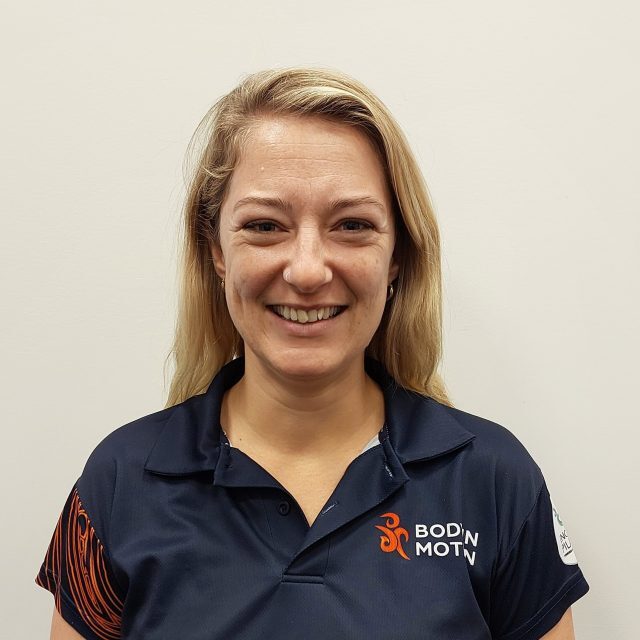Pelvic health issues such as bladder/bowel control or vaginal pain are often accepted as a normal part of life, but they needn’t be. Our team of pelvic health physiotherapists can improve and often resolve problems through individualised physiotherapy assessment and treatment.
- Bladder Issues:
- Leaking urine when coughing, laughing, sneezing or exercising
- Needing to rush suddenly to the toilet and/or leaking urine before you get there
- Needing to go frequently
- Bowel Issues:
- Difficulty controlling wind or bowel motions
- Constipation
- Pelvic Pain:
- Pain or discomfort in the pelvis (bladder, vagina or anus) and lower abdomen
- Pain associated with conditions such as Endometriosis
- Pain/discomfort with Sex
- Pelvic Organ Prolapse:
- A bulge and dragging/heavy sensation in your vagina
- Difficulty emptying your bladder/bowel due to prolapse
- Difficulty exercising due to prolapse symptoms
- Pelvic Floor and Abdominal Rehab:
- After having a baby
- After pelvic or abdominal surgery
- Pregnancy Related Issues:
- Low back pain or Pelvic Girdle Pain
- Pelvic Floor Strengthening
Get a free five-minute phone consultation: If you’re unsure if you require treatment or want to know more about pelvic health physiotherapy feel free to give one of our experienced physiotherapists a call. We offer free five-minute phone consultations to discuss your symptoms and how we might be able to help.
What to Expect from your Initial Appointment
Most people aren’t sure what to expect at their first pelvic floor physio appointment, so it’s normal to feel a bit nervous. Our highly trained physiotherapists understand the emotional, social and physical difficulties that these conditions can cause, and are passionate about helping people restore and regain control of their bodies. We know how distressing talking about some of these issues can be and do everything we can to put our clients at ease.
Our initial appointments last for about an hour and include the following:
Discussion: The first thing we will do is have a chat about what issues you’re having and how they are impacting your life. Your physio may ask you questions about all aspects of your Pelvic Health including bladder/bowel function, muscle and joint pain, sexual function, medication and menstruation as well as your General health. This is the most important part of your initial assessment as it will give us a good idea of your diagnosis and help us start to formulate a treatment plan based on what your specific needs and goals are.
Once your physio has the information they need they will give you a brief rundown on what they think might be causing your issues and what further physical examination would be beneficial.
Physical Examination: A physical examination will only take place with your consent and will be thoroughly explained first. This might include the following:
- An external assessment (spinal, pelvic girdle, breathing)
- An ultrasound assessment (bladder, pelvic floor)
- An internal examination (vaginal or rectal)
During the internal assessment the strength and flexibility of your pelvic floor muscles, ligaments and fascia are assessed, as well as any specific issues that may have come up during our initial discussion e.g. prolapse assessment. The Physiotherapists in our Pelvic and Women’s Health team have completed additional training to be able to perform these assessments. Please note that although an internal examination is recommended as the Gold Standard for a thorough assessment of the pelvic floor function, there is no obligation to have this assessment done.
Treatment: After your examination, your physio will explain your diagnosis and discuss your options for an individualised treatment plan. They will often use pelvic anatomy models and diagrams to make sure you have a really good understanding of what is being discussed. You will also get the opportunity to ask any further questions you might have.
Almost always your treatment plan will include some home exercises but may also include some hands-on treatment to the pelvis, TENS, pelvic floor muscle stimulation or vaginal re-trainers.
If your physiotherapist feels that you need a medical assessment, they will communicate this clearly with you and write a letter to your GP if required.
Our main aim at your initial appointment is for you to feel empowered and confident regarding improving your Pelvic Health.
Pelvic and Womens’ Health bookings cannot be done online, please contact us to enquire.



